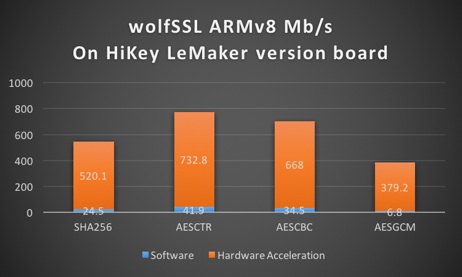We have created a new repository for hosting the FreeRTOS classic and Amazon FreeRTOS support for wolfSSL located here:
https://github.com/wolfSSL/wolfssl-freertos
There are two pull requests with support for wolfSSL including demos:
FreeRTOS Classic v10.0.1 with wolfSSL/wolfMQTT demos:
https://github.com/wolfSSL/wolfssl-freertos/pull/1
- Added a wolfMQTT FreeRTOS TCP demo. This demo connects to the iot.eclipse.org MQTT broker with TLS on port 8883. It sends a counter publish message every second.
- Updated wolfSSL demo:
- Project built and tested against latest v3.14.4 release.
- Switched to using user_settings.h (WOLFSSL_USER_SETTINGS).
- Updated the certs (expired Jan 31, 2018).
- Stop tracking the .filter project file.
- Add submodule for wolfMQTT v1.0 plus FreeRTOS TCP support.
- Replace wolfSSL sources with submodule wolfSSL v3.14.4 plus some Win VS fixes.
- Initial FreeRTOS v10.0.1
Amazon FreeRTOS v1.2.3 port to use wolfSSL:
https://github.com/wolfSSL/wolfssl-freertos/pull/2
- Port of the Amazon FreeRTOS v1.2.3 to use wolfSSL.
- Added a new solution and project for demo at FreeRTOS-AWS/demos/pc/windows/visual_studio/aws_demo_wolf.sln.
- Added wolfssl as submodule.


